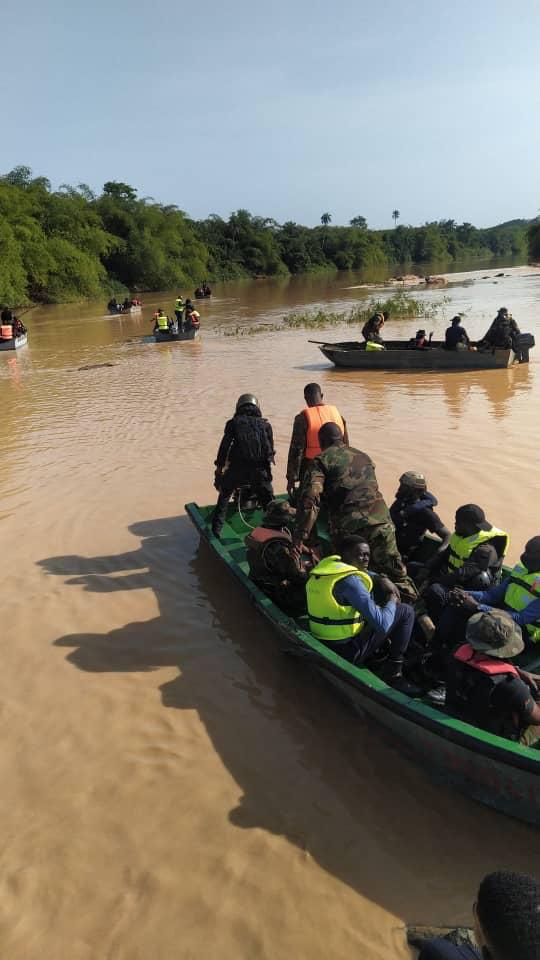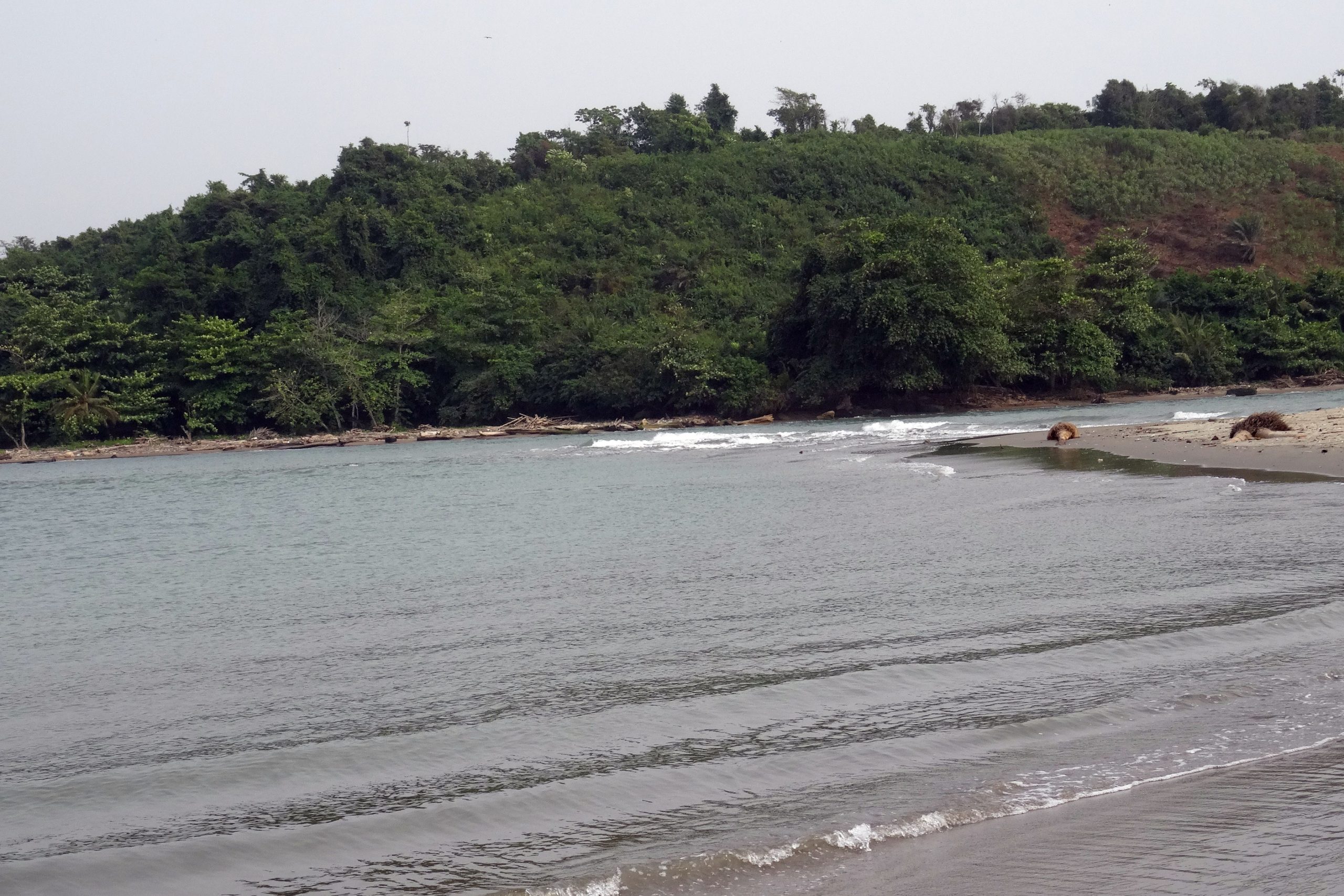Weeks after the ridding of persons and equipment engaged in mining on water bodies and forest reserves in Ghana, the Ankobra river appears to be gradually returning to a state of normalcy.
Prior to the execution of the task assigned to some military operatives by President Akufo-Addo on April 28, 2021, the river’s turbidity was high, but a recent video coverage of the area by a youtuber, Edem Srem, on May 20, 2021 shows a diminution in the level.
The Ankobra is one of many rivers that have been badly affected by the illegal activities of miners in the country—a destruction that has had rippling effects on the environment and our economy.
The high turbidity, for instance, of the Pra river that supplies water to residents of Cape Coast and other parts of the Central and Eastern regions, has meant that people who depended directly on the water body for domestic use have been denied access to it.

The Public relations officer for the Ghana Water Company Limited (GWCL), Stanley Martey, in an interview with Angel News indicated that of the water drawn from the river, some 25 to 40 percent goes waste, the resulting 60 to 75 percent does not meet demand, owing to the high volume of mud collected during production.
That notwithstanding, there’s also the cost aspect he bemoaned. Pumps are constantly repaired or replaced to continue the supply of water to consumers in dependent areas. The maintenance is done at least thrice a week, contrary to the usual once-a-week or two culture practiced by the GWCL. This practice incurs high cost to the company, which is borne by the tax payer in the end.
However, the muddiness of the waters is only a consequent effect of the malpractices of the miners. The use of mercury by these illegal small-scale miners, further destroy the quality of the water which serves as habitat for aquatic life and is depended on for human consumption.
Again, the Ghana Water Company said they spend huge sums of money on importation of chemicals to disinfect and treat the water for consumption. The higher the contamination, the more disinfectants are used to treat the water, and that also translates into health-related problems to the consumer.
Executive Director of Wassa Association of Communities Affected by Mining (WACAM), Ms. Hannah Owusu-Koranteng, did indicate that a research conducted on many of the sick people in the mining communities of the central region show that many are battling cancers and other dangerous diseases which are in connection with the mining activities.
So the gradual decline in the level of the water’s cloudiness—Ankobra—must be a motivation to the Lands and Natural Resources Minister, Samuel Abu Jinapor, who said he would be setting himself for failure if he doesn’t fight menace.

As Ghanaians we can help restore life to the environment and save the public purse, if we—without fear or favor—report persons who, being driven by their cupidity, remain adamant in mining contrary to the rules.









































































